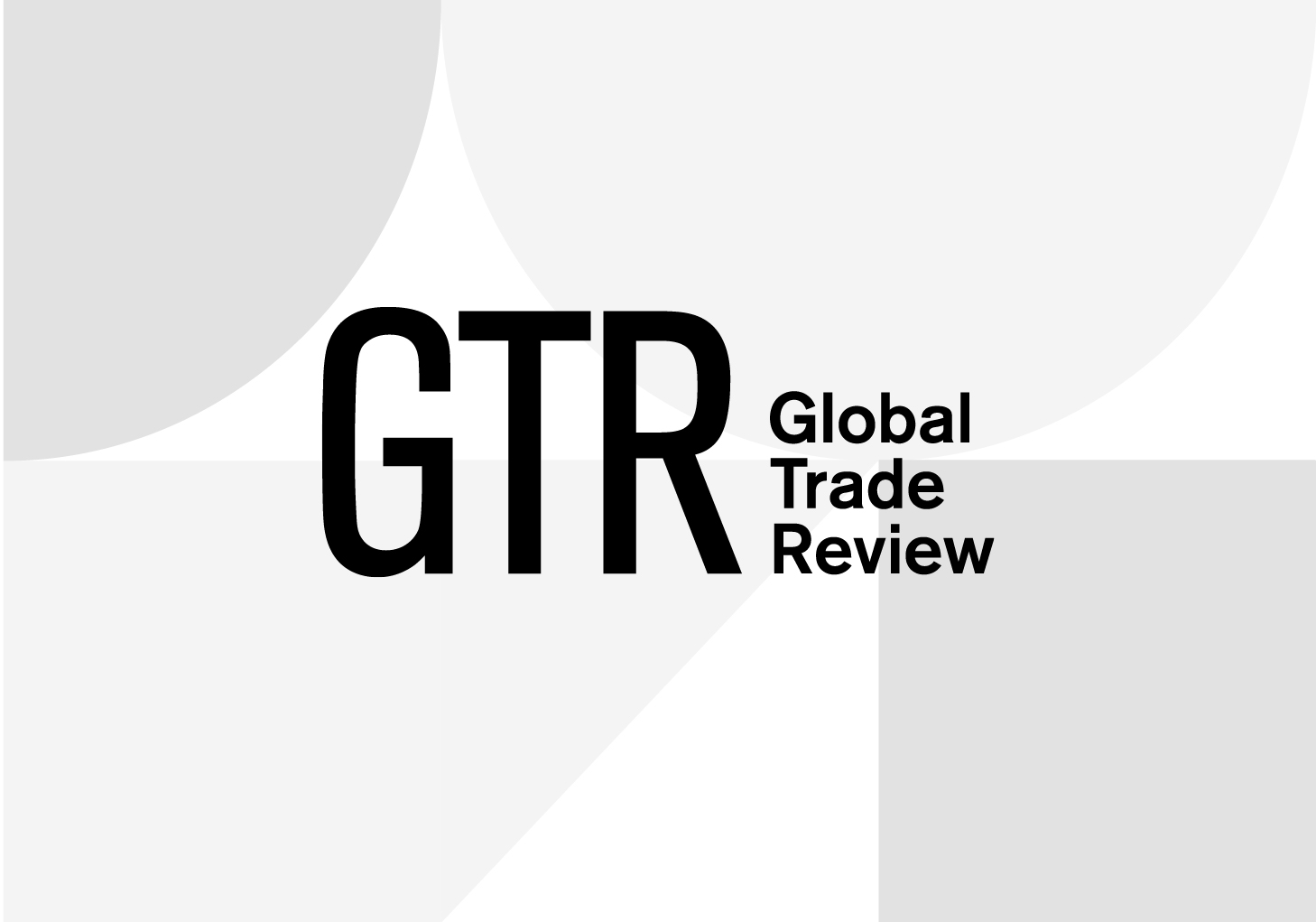The Overseas Private Investment Corporation (Opic) will provide US$45mn in political risk insurance to a project that will enable the West African nations of Benin, Ghana and Togo to meet their demand for natural gas for the next two decades, and represents the largest single foreign investment to date in those countries.
Opic will provide reinsurance to Zurich, which is insuring investments made by the West African Gas Pipeline Company (Wapco) in the project. The project involves construction of a 372-mile pipeline that will transport natural gas from Lagos State in Nigeria to Benin, Togo, and Ghana. Wapco, the operating entity established to construct, own and operate the project, is owned by ChevronTexaco West African Gas Pipeline, Shell Overseas Holding, Nigerian National Petroleum Corporation and the Takoradi Power Company.
The gas will primarily be used as fuel for the generation of electricity, with about 90% of initial supplies destined for power plants in Ghana. The pipeline, the majority of it offshore, will have sufficient capacity to satisfy projected demand for natural gas in Benin, Ghana, and Togo through the year 2025, making available a resource that is in abundant supply in Nigeria to countries facing high import costs for liquid fuels.
The project will contribute meaningfully to West Africa’s environment, foremost by using natural gas that would otherwise be flared. Nigeria currently flares more than 2 billion cubic feet per day of associated gas, representing about 45% of the country’s gas production. Also, increased access to electricity afforded by the project could eventually result in decreased use of wood fuel for cooking and consequently reduced deforestation once additional industrial infrastructure and development takes place.
Other benefits of the pipeline include:
“This pipeline project will provide significant economic benefits and savings to West Africa, enabling Benin, Ghana and Togo to generate electricity – and with it a great deal of economic activity – and do so with cleaner-burning natural gas, thereby protecting the environment,” says outgoing Opic president and CEO Peter Watson. “Opic is pleased to contribute to a project with so many positive environmental and economic consequences.”







